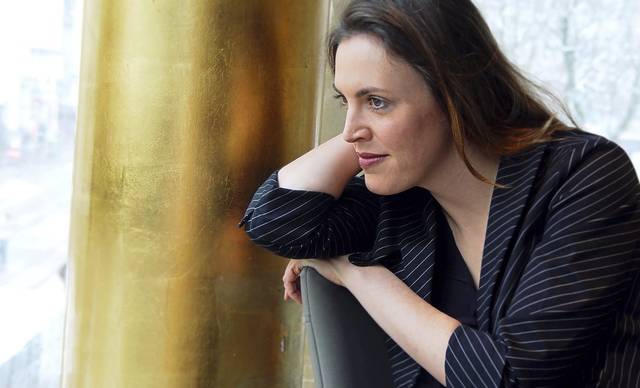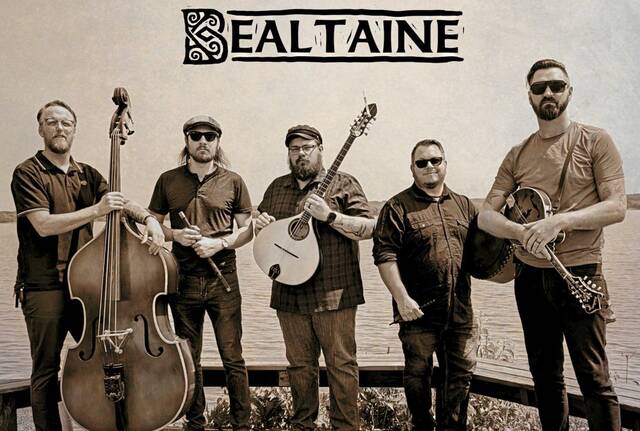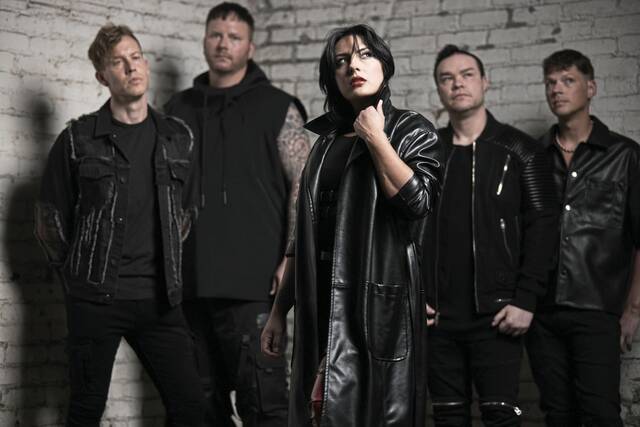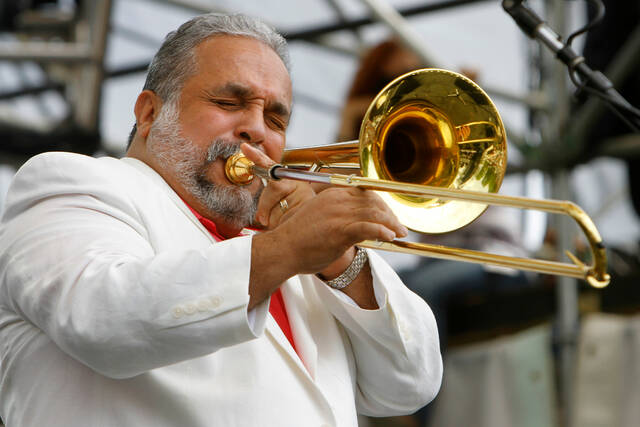Performances can transform musical anniversaries from historical facts to the vibrant experiences that reminds us why the occasion is worth celebrating.
The Pittsburgh Symphony’s tributes to Ludwig van Beethoven on the 250th anniversary of his birth will reach a predictable high point this weekend when it performs his only opera, “Fidelio.”
Manfred Honeck will conduct vocal soloists, the Mendelssohn Choir and the Pittsburgh Symphony Orchestra in “Fidelio” on Jan. 24 and 26 at Pittsburgh’s Heinz Hall. The leading roles of Leonore and Florestan will be sung by Nicole Chevalier and Eric Cutler.
“Fidelio” will be Honeck’s return to opera following a long break since he was music director of the Stuttgart State Opera in Germany from 2007 to 2011. In addition to the Heinz Hall performances, Honeck will conduct it in March at the Theater an der Wien in Vienna, Austria.
“After Stuttgart, I refused to do any opera because I wanted to concentrate in Pittsburgh and it’s too much work and responsibility to do both, if you take it seriously,” says the conductor.
“But when I was asked two years ago to take over ‘Fidelio’ in the Beethoven year in exactly the theater where Beethoven first conducted his own piece, I thought this is the right moment to come back to opera.”
“Fidelio” is about a devoted wife’s attempts to find and free her imprisoned husband, who is a political prisoner. We first see her, Leonore, disguised as a man to help her achieve her goal. We don’t encounter her husband, Florestan, until Act II, which opens in an extraordinary scene with him alone in a dungeon. After Leonore succeeds, they sing a glorious duet before the exuberant finale.
“This is a story about truth, marriage and freedom, which is a timeless story,” says Honeck. “What a statement Beethoven made in this opera! It’s amazing he captured all these values, all the things he stands for.”
“Fidelio” was first performed in 1805, revised for performances the next year, and then more substantially revised for its revival in 1814. The Pittsburgh Symphony’s previous performances by music directors William Steinberg in 1959 and Lorin Maazel in 1992 were of the 1814 version.
Honeck will conduct the 1806 version in Pittsburgh and Vienna. The German spoken dialogue of the original will be replaced at Heinz Hall by English explanations written and delivered by Don Marinelli, a former Carnegie Mellon professor.
Honeck says all three versions of the opera are very good. “The 1814 version is more romantic and looks a little bit forward to Wagner. The 1806 version is closer to Mozart.”
All three versions of the opera include the Quartet in the first act, one of the most sublimely beautiful pieces Beethoven wrote, which is saying a lot given his mastery of expressing soulfulness.
But some wonderful music was lost between the different versions. The lovely duet between Leonore and Marzelline, the jailer’s daughter, with violin and cello solos, of the 1805 and 1806 versions was cut in the final version.
“This cut is a sad thing about the 1814 version,” says Honeck. “I love this duet very much. The solo violin and cello writing represent Marzelline and Leonore expressing things you cannot say with words.”











